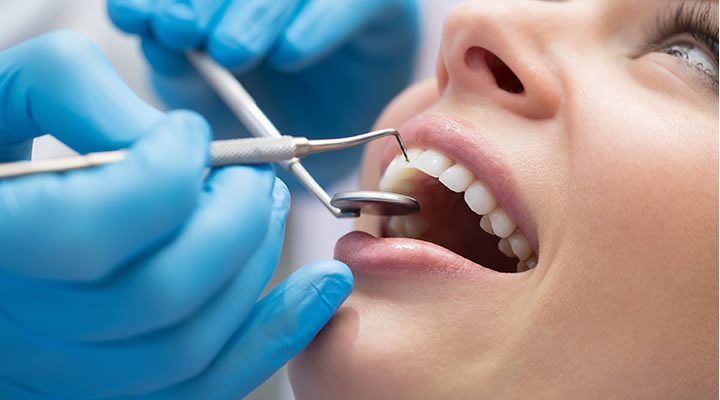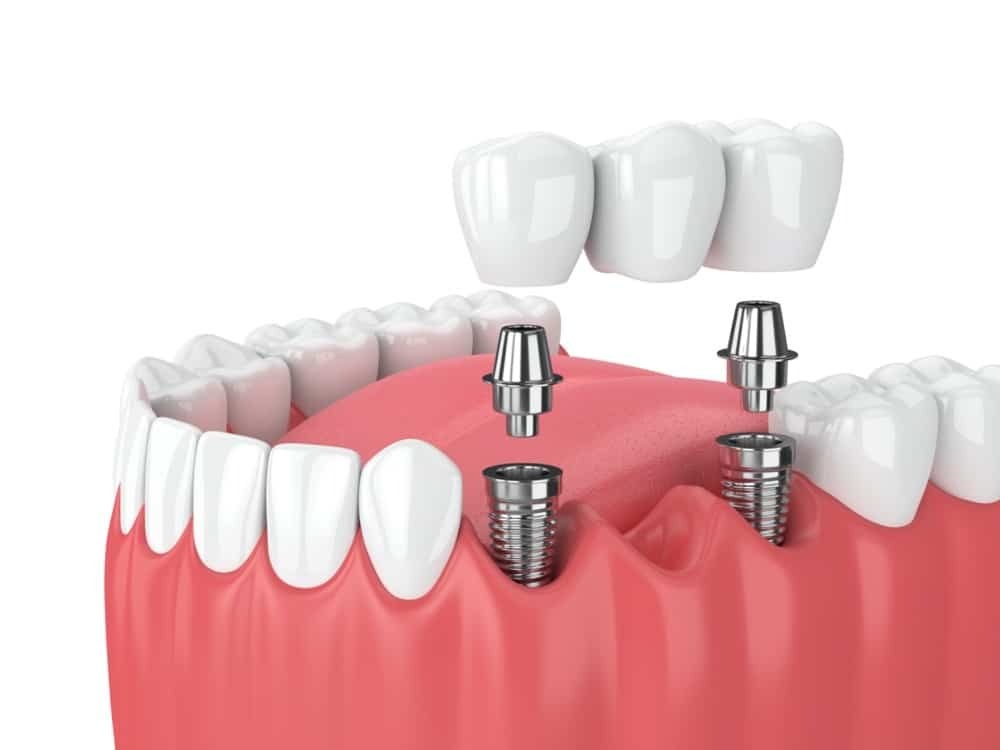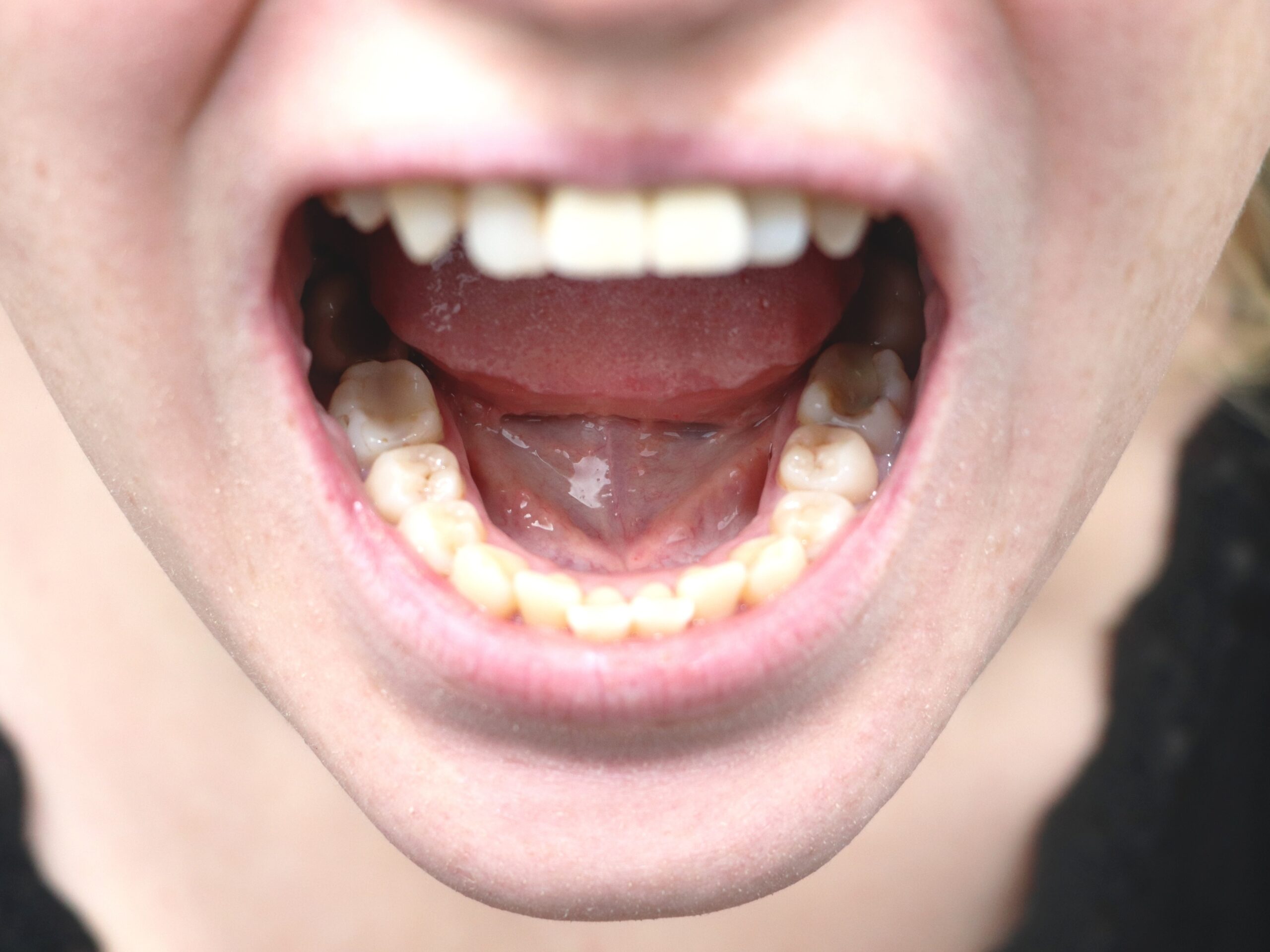Dental Care for Free: Government Initiatives
Our country is renowned for its stunning landscapes and progressive healthcare system, which extends to dental care. Accessible and affordable dental services are essential for the overall well-being of the population.
Government Initiatives for Free Dental Care
The government recognizes the importance of oral health and has introduced several initiatives to provide free service to specific segments of the population.
Community Dental Service
- The Community Dental Service (CDS) is a government-funded program that primarily serves children and adolescents up to the age of 18.
- It offers free service, including check-ups, preventive treatments, and dental work, at public dental clinics located throughout the country.
- The CDS focuses on promoting good oral hygiene habits from an early age and addressing dental issues before they become more severe.
School Dental Service
- The School Dental Service operates in partnership with the Community Dental Service.
- It provides free dental check-ups and treatments to school-aged children, ensuring that they receive essential oral care while in their formative years.
Public Health Centers Offering Dental Services
In addition to government initiatives, public health centers across the country offer dental services at reduced costs, making oral healthcare more accessible to a broader population.
District Health Boards (DHBs)
- Our country is divided into 20 District Health Boards (DHBs), each responsible for providing healthcare services in their respective regions.
- Many DHBs operate dental clinics that offer a range of dental services, from routine check-ups to more complex procedures, at subsidized rates.
- These services are available to both adults and children, although priority may be given to those with lower incomes and higher dental needs.
Public Hospitals With Dental Care
- Some public hospitals provide dental services as part of their overall healthcare offerings.
- These services are often available to patients referred by healthcare professionals within the hospital system.
- Public hospital dental clinics may offer specialized care, particularly for patients with complex dental conditions.
Mobile Dental Units
- To reach underserved populations, including rural and remote communities, some DHBs operate mobile dental units.
- These units travel to various locations, offering dental services to people who may have limited access to fixed dental clinics.
To support these dental care initiatives, the government has taken steps to address workforce shortages in the dental sector, such as dental therapists, whom are healthcare professionals who are trained to provide a range of dental services, including preventive and restorative care.
- Our country has a workforce of dental therapists who play a vital role in delivering dental service, especially to children and adolescents.
Overseas-Trained Dentists
- To address workforce shortages, our country has a system in place for overseas-trained dentists to work in the country.
- These dentists can provide additional capacity in public dental clinics and contribute to the availability of dental services.
Voluntary and Non-Government Organizations for Dental Care
Various voluntary and non-governmental organizations (NGOs) across the country play a significant role in complementing government efforts to improve access to dental care, such as the New Zealand Dental Association (NZDA), which often organize dental outreach programs. These initiatives may include free dental check-ups and treatments for underserved communities.
Challenges and Future Directions
While the country has made significant strides in providing accessible dental care, challenges remain.
Wait Times
- Due to high demand and limited resources, wait times for non-urgent dental service can be lengthy.
- Reducing wait times is an ongoing challenge for the healthcare system.
Rural and Remote Areas
- Access to dental care remains a challenge in some rural and remote areas, even with the presence of mobile dental units.
- Efforts to expand dental services in these regions are essential.
Adult Dental Care
- While much of the focus has been on children and adolescents, access to affordable dental service for adults remains a concern.
- Expanding subsidized dental care for adults could be a potential area of improvement.
Preventive Education for Dental Care
- Increasing public awareness about the importance of preventive oral health measures remains crucial.
- Education programs can empower individuals to take better care of their oral health.
In conclusion, our country’s commitment to accessible dental service is evident through government initiatives, public health centers, and a dedicated workforce. While challenges persist, ongoing efforts to improve access to dental services will ensure that more citizens can enjoy the benefits of good oral health. As the nation continues to prioritize dental care, it sets an example for other countries striving to make dental services more accessible to all.




